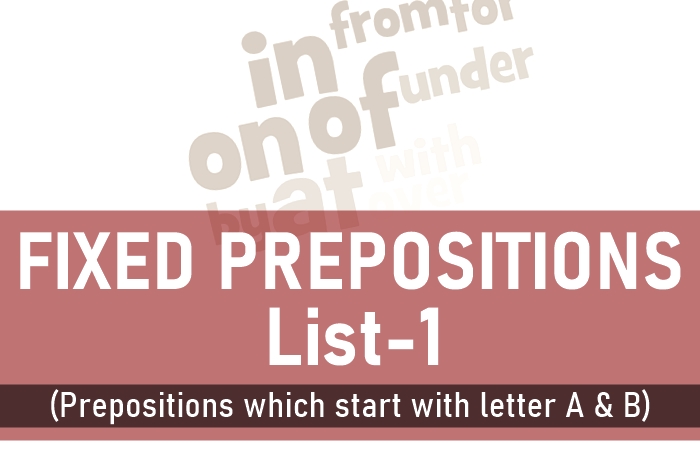Difference between Transitive and Intransitive Verb
Category: English || Published on : 2020-09-09 10:32:22 || Author : TILS EDUCATION 1 2441

Sometimes it gets too difficult to understand the difference between the Transitive Verb and Intransitive Verb. Being able to identify between the Transitive Verb and Intransitive Verb and being able to use them, both are two different things. If you are able to use them after identifying then it is the sign of being able to represent yourself precisely incommunicative manner.
When a verb presents an action, then there is also some intention of having something in the sentence which empowers the action or verb. Defining the theory of whether the action verb has the empowerment of any object in the sentence or not is all about differentiating between the Transitive Verb and Intransitive Verb.
TRANSITIVE VERB
The action verb that has an object to receive that particular action or an action verb that is empowered by an object is known as a Transitive Verb. The action of the Transitive verb is done to someone or something. It transits through an action verb to an object to complete the meaning of the sentence. Most of the verbs are transitive.
For example: - He played the guitar.
Here, the action ‘played’ is directly empowered by the object ‘Guitar’. Without the object, the action verb has no meaning here and the sentence will also be incomplete. So, here the action verb is the transitive verb. Let’s see more examples.
1. She wrote a poem for her father. (Transitive Verb – Wrote, Direct Object – Poem)
2. I brought book for my son. (Transitive Verb – Brought, Direct Object – Book)
3. I will buy some fruits. (Transitive Verb – Buy, Direct Object – Fruits)
4. She left book on the table. (Transitive Verb – left, Direct Object – book)
5. Please buy me a sari. (Transitive Verb – Buy, Direct Object – sari)
INTRANSITIVE VERB
You might have guessed the definition of intransitive Verb after learning the Transitive verb. It is completely opposite of Transitive Verb. Intransitive Verb does not have an object to receive that particular action. Transitive verb is not empowered by an object in the sentence. Without object too, it completes the sense of the sentence.
For example: -
1. He laughed.
2. She cried.
3. The sun rose.
4. It rained.
5. He has to leave tomorrow.
6. The bus sometimes arrives early.
Here all the action verbs don’t have an object. Action verbs are free from any object, yet they are giving a complete sense of the sentence. These verbs are known as Intransitive Verbs.




